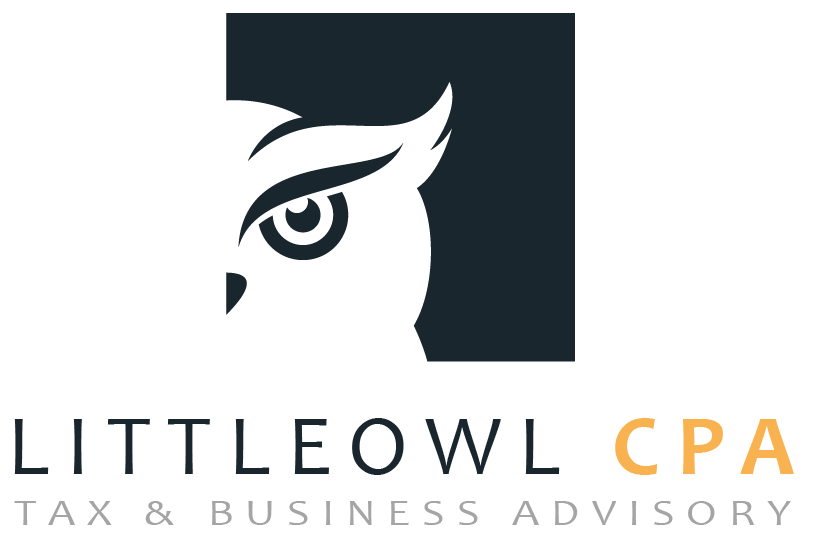Graduating from college is a significant milestone, but it often comes with the daunting task of managing student loan debt. Understanding when to pay student loans, how to develop an effective repayment strategy, and what options are available can make this process much smoother. This guide will help recent graduates and their parents navigate student loan repayment with confidence.
When do I have to pay student loans?
Repayment for most federal student loans begins six months after graduation, known as the grace period. This gives you time to secure a job and get your finances in order before starting to make payments. Federal Perkins loans generally have nine months after graduation. Private loans may have different terms, however, so it’s crucial to check with your lender.
Briefly, from March 2020 to October 2023, payment requirements were paused with 0% interest due to the pandemic. This pause is no longer in effect. Emergency relief measures included suspension of loan payments, 0% interest rates, and halted collections on defaulted loans. Although these measures provided temporary relief, it’s important to stay informed about the current status and any updates from the federal government.
What Happens If I Don’t Pay Student Loans?
Failing to make student loan payments can lead to default, which can severely impact your credit score and financial future. Default typically occurs after 270 days of non-payment for federal loans. Note that bankruptcy often doesn’t have an impact on student loans. However, there are options to temporarily postpone payments:
- Deferment: Allows you to temporarily stop making payments, with no interest accruing on subsidized loans during this period.
- Forbearance: Temporarily reduces or stops payments, but interest continues to accrue on all loan types.
What happens if I don’t make a high enough payment?
Negative amortization occurs when your loan payments do not cover the interest, causing the unpaid interest to be added to the principal balance. This can lead to an increasing loan balance over time, making it essential to understand and avoid this situation if possible.
What are the best strategies for paying back student loans?
The strategy you use to pay back your loans can vary wildly depending on your situation. For instance, if you can get a well-paying job out of college quickly, you may want to stick to the standard repayment of 10 years. Try the official student loan simulator to test out some scenarios for paying back.
Here are some of the more popular strategies for paying back your loans.
- Avalanche Method: This method focuses on paying off the loan with the highest interest rate first while making minimum payments on others. This method can save you money on interest over time.
- Snowball Method: Like a snowball slowly getting bigger, this method focuses on paying off the smallest loan balance first while making minimum payments on others. This method can provide quick wins and build momentum.
- Income-Driven Repayment (IDR) Options: For those who cannot seem to catch up every month, IDR elongates the time, increases the interest capitalization, but lowers the minimum payment. This is best for those hoping to avoid defaulting on the loan.
- Graduated Repayment Option: Slowly pay more in your loan over time. If you expect to make a low entry level wage but have your income increase steadily, use this method to pay back your federal direct loans.
- Extended Repayment Option: Typically, your loans are due in 10 years, and this extends the total time to 25 years, while having a gradual increase in payment amounts.
- Biweekly Payments: If you pay biweekly rather than monthly, you will end up paying more in the extra weeks’ time every year. It makes a lot of sense for those who get biweekly income.
- Career Forgiveness: If you work in certain public or government fields, your loans will discharged after making 10 years’ worth of payments. Check out Teacher Loan Forgiveness, Military College Loan Repayment, and Public Service Loan Forgiveness.
- Employer-Based Benefits: Since 2022, some student loan borrowers may qualify for an employer-sponsored plan that matches payments, somewhat like a 401k.
It’s not recommended that you pay for your student loans with higher interest loans, as you will end up paying more in interest. It also may not be wise to deal with the early penalties of pulling from an IRA either.
Should I pay them off early?
Paying off student loans early can save you money on interest and free up your finances for other goals. However, it’s important to ensure that early payments do not come at the expense of your emergency fund, retirement planning, or other financial priorities. Consider using windfalls such as bonuses or tax refunds for bulk payments.
What are the best tax strategies for student loans?
Be sure to discuss major moves with a tax professional. These tips, however, may apply to you:
- Deducting Student Loan Interest: You can deduct up to $2,500 of interest paid on qualified student loans per year. This deduction is available even if you do not itemize deductions, but there are income limits to be aware of. For more details, check out the IRS guidelines on student loan interest deductions.
- Married Filing Separately vs. Jointly: Because of IDR, some married couples choose to file separately due to a higher joint income.
Managing student loans effectively requires understanding your repayment options, staying informed about relief measures, and adopting strategic debt repayment methods. Whether you’re just starting repayment or considering paying off loans early, having a clear plan can help you navigate this journey successfully. For tailored advice and assistance, consider consulting with a CPA who can help you develop a comprehensive financial strategy.
By staying proactive and informed, recent graduates and their parents can handle student loan debt confidently and work towards a secure financial future.


